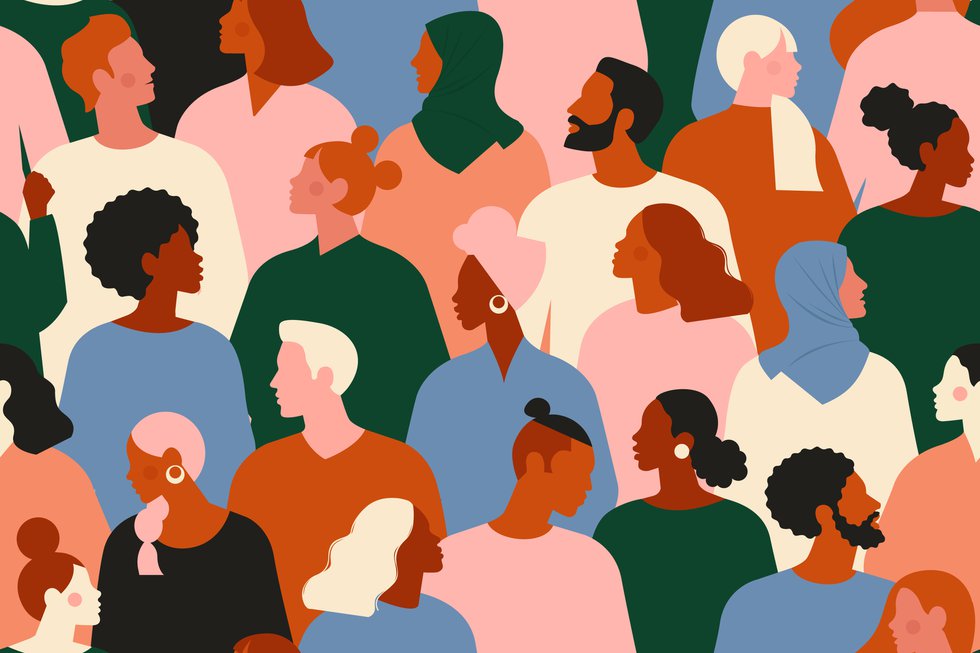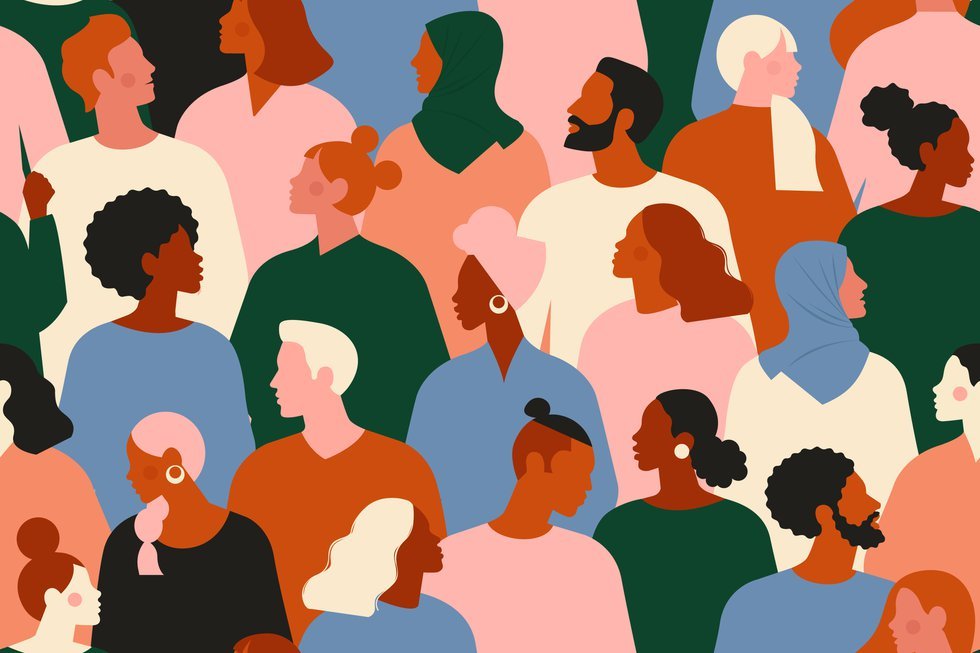
In September, when a federal judge partially blocked Florida’s “Stop Woke Act,” which would have banned workplaces from holding mandatory trainings on race- or sex-based discrimination, it was considered a victory for diversity, equity and inclusion, or DEI, programs. But this ignores the fact that DEI training, since it began in the 1960s, has fallen far short of its goals.
The Equal Employment Opportunity Commission’s recent lawsuits against two separate Florida companies for race discrimination, harassment and retaliation serve as evidence of these shortcomings. One of the lawsuits was against a construction company in Orlando where a Black employee alleged that a white supervisor told him “we say the N-word here a lot.” That same employee, according to the EEOC complaint, was humiliated by a different white manager who rammed a shovel between his legs. These incidents occurred despite the fact the two companies tout standards of employee integrity, professionalism and teamwork on their websites.
Across the United States, companies spent nearly $8 billion on workplace DEI training in 2020, and a new report shows that companies intend to increase their DEI budgets by 79 percent in 2022. But despite these high expenditures, evidence shows that DEI programs—at least in their current forms—typically fail to achieve their intended outcomes for persons across gender, race, ability, age, religion, neurodiversity, sexuality, geographic, educational, cultural and socioeconomic identities.
The problem is that, while anti-discrimination efforts like DEI training can positively impact attitudes towards underrepresented groups, they do little to change behavior. This is especially true regarding behaviors at a higher-up level, such as workplace decisions regarding whom to hire, mentor and promote. A 2019 meta-analysis of over 490 studies, for instance, shows that attempts to change implicit attitudes do not always meaningfully alter biased behavior.
There are many reasons why well-intentioned diversity programs often disappoint.
To start, short-term educational workshops and programs generally don’t change people’s underlying attitudes. Simply becoming aware that a particular bias exists or a given behavior is unhelpful doesn’t necessarily mean people will engage in less of it. Research shows that DEI training can even activate stereotypes that previously weren’t salient in employees’ minds.
Some studies also highlight how taking part in diversity training can often make privileged group members overconfident about the extent to which they’ve tackled their own biases. When people engage in short-term workshops and trainings, it can create an illusion of fairness around real issues of discrimination, even when it’s clear that underrepresented groups are disadvantaged.
Diversity training can further inspire feelings of exclusion, hostility and resistance among dominant group members who feel that they might not be treated fairly in a pro-diversity workplace. Regardless of whether such reactions are fair or warranted, they represent a reality that does little to generate cooperation.
Organizations need to move beyond providing information and short-term engagement to taking a systems approach to diversity.
In addition, training might put participants on the defensive, as they feel they’re being called out for bad behavior. For instance, in a 2017 study, researchers found training about LGBTQ+ issues made participants worry that they were being punished for doing something wrong.
To be sure, organizations need to continue DEI training to sustain equitable workplaces. But creating awareness is just the first step in tackling bias and discrimination. Organizations need to move beyond providing information and short-term engagement to taking a systems approach to diversity. This means changing standard processes for hiring, evaluation and promotion so that creating and maintaining a culture of diversity and inclusion is just the way business is done.
For example, organizations can use tools that strip incoming resumes of names and demographic information. They can also invest in college recruitment programs that seek out underrepresented groups from less elite backgrounds, and create diversity taskforces that regularly evaluate data on hiring, pay and promotion across demographic groups.
Using structured interviews with a standard set of questions across candidates can level the playing field, relative to “free flow” interviews that increase subjective (and often biased) evaluations. Additionally, organizations can support working parents, and encourage men to take parental leave, so that childcare responsibilities and costs don’t fall disproportionately on the women and minorities.
Together, these practical steps can reduce employee cynicism that DEI training exists merely to deflect potential litigation or “check a box.”
This column was produced by Progressive Perspectives, which is run by The Progressive magazine and distributed by Tribune News Service.

Felecia Phillips Ollie DD (h.c.) is the inspiring leader and founder of The Equality Network LLC (TEN). With a background in coaching, travel, and a career in news, Felecia brings a unique perspective to promoting diversity and inclusion. Holding a Bachelor’s Degree in English/Communications, she is passionate about creating a more inclusive future. From graduating from Mississippi Valley State University to leading initiatives like the Washington State Department of Ecology’s Equal Employment Opportunity Program, Felecia is dedicated to making a positive impact. Join her journey on our blog as she shares insights and leads the charge for equity through The Equality Network.




